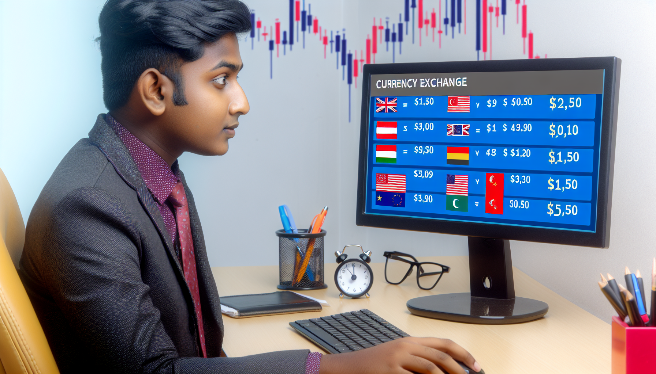Understanding Currency Fluctuations
Let’s break it down, folks. Currency fluctuations are changes in the value of one currency against another. Think of it as the financial equivalent of a seesaw. The rates swing up and down based on a combo of factors including economic data, political events, and market speculation. When you’re trading in the global market or investing in foreign assets, these ups and downs can play with your money like a yo-yo!
Why Should You Care?
Put simply, your investments and purchasing power abroad can change overnight with currency shifts. If you’ve got stocks, bonds, or real estate in another country, or if you’re a forex trader, you’re in the thick of it. A strong currency can make foreign investments more expensive, and a weak one might mean your overseas profits convert to less moolah back home.
Hedging Against Currency Risk
Ok, so you don’t want to be at the mercy of these fluctuations, right? That’s where hedging comes in. It’s essentially insurance for your investments. You can use strategies like forward contracts, options, and futures to lock in exchange rates and protect against unexpected swings. And for the casual investor, think about diversifying across different currencies or investing in currency-hedged funds.
Currency Movements and Exporters/Importers
Let’s talk business — literally. If you’re exporting goods, a weaker home currency is your friend. It makes your products cheaper abroad, which could lead to a sales party! Importers, however, might not be popping open the champagne. A strong home currency is sweet for you, making foreign goods less expensive to bring in. Businesses need to keep a sharp eye on currency trends to protect their bottom line.
Timing is Everything
Investing is not just about what and where, but when. Profound, right? Indeed, timing your investments with currency fluctuations can magnify your gains or protect against losses. It’s like catching the wave at just the right moment. Some investors try currency speculation, aiming to buy low and sell high, but this is not for the faint of heart or the thin of wallet.
Look Before You Leap
Lastly, remember the financial golden rule: never invest in something you don’t understand. Before you dive into the complex world of foreign investments and currency trading, do your homework. Talk to a financial advisor, keep an eye on economic indicators, and stay informed about global events that could affect currency values. Knowledge is power — and in this case, it could also be the power to protect and grow your investments.
Currency fluctuations can be a rollercoaster for your investments, but with a little savvy and some strategic moves, you can buckle up and ride the waves with confidence. Stay educated, consider hedging, time your investments, and always be ready to adapt your strategy. Remember, the only constant in finance is change!


